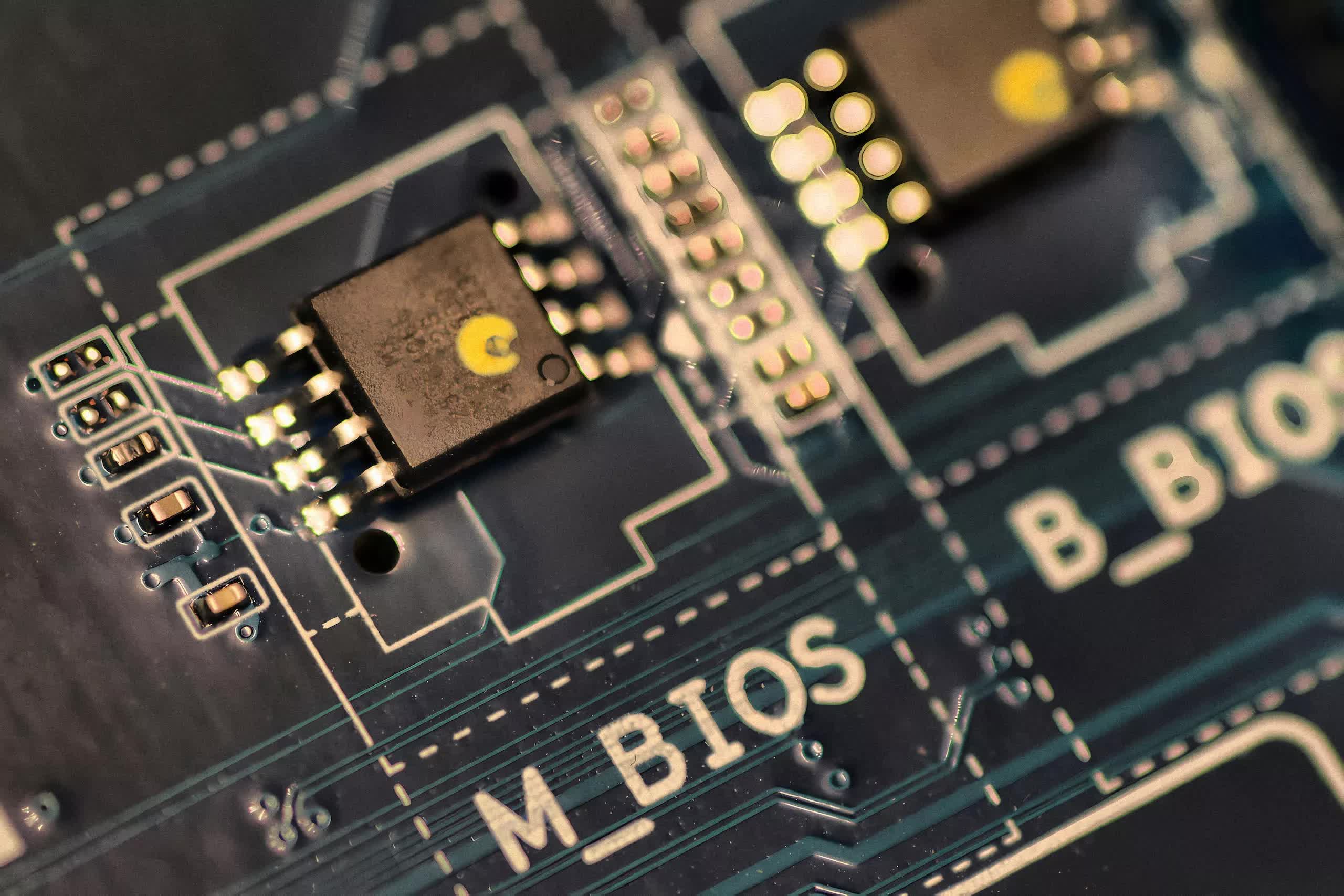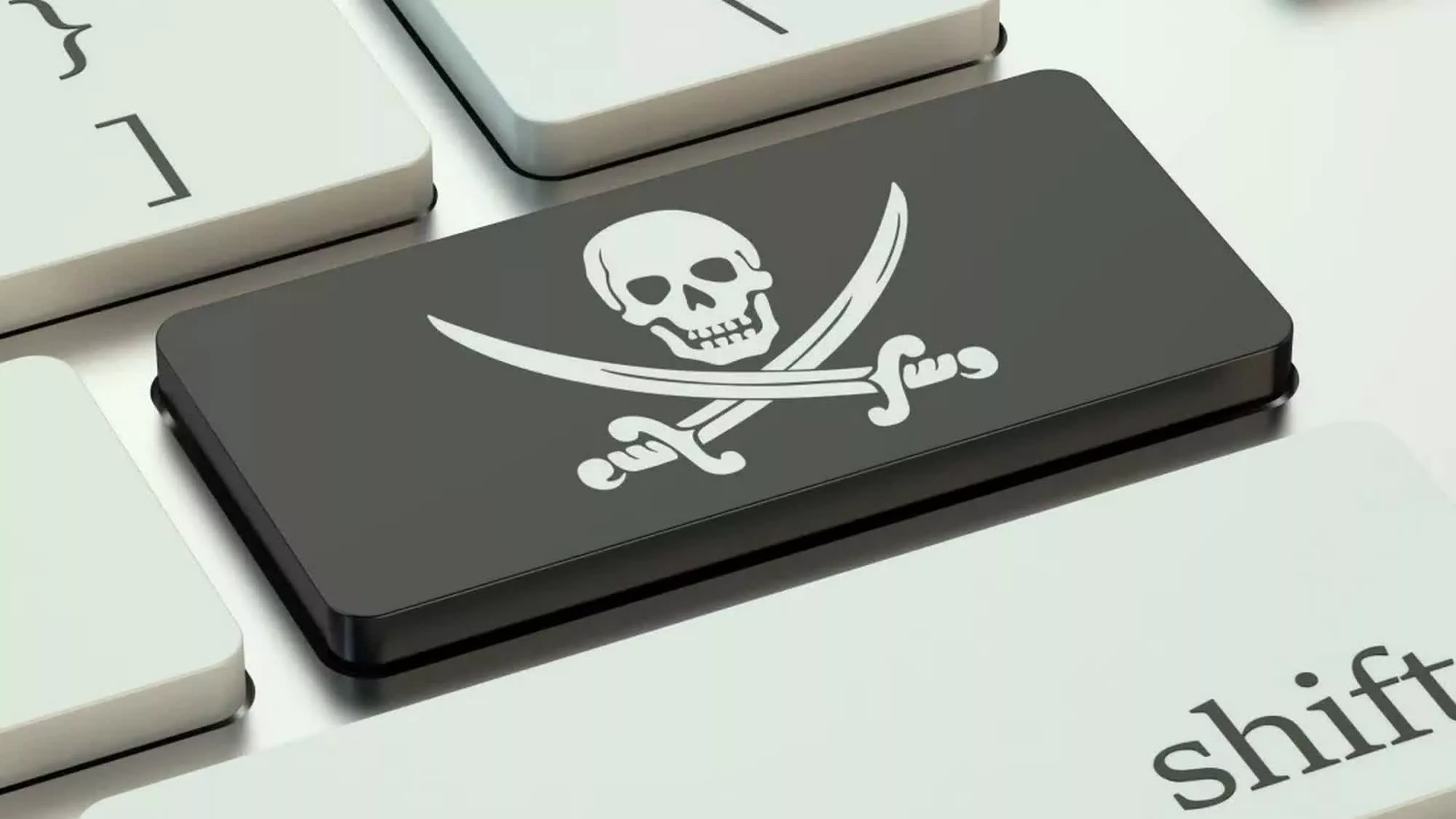What just happened? Jokingly referred to as "Plug and Pray" due to its notorious unreliability, the Plug and Play standard was nonetheless a pivotal advancement in simplifying hardware and peripheral configuration during the early Windows 9x era. Beyond easing setup for end users, the technology also played an unexpected role in exposing a cartel of PC manufacturers that had been exploiting a hardware feature to provide full versions of trial software packages to their customers.

Microsoft veteran Raymond Chen recently shared another behind-the-scenes story from the development days of Windows 9x, this time involving software copyright violations by dishonest PC manufacturers. According to Chen, some of these unnamed companies (disguised under fictitious brands in his post) managed to add extra software value to their hardware offerings while avoiding payments owed to legitimate software vendors.
The Windows 95 team stumbled upon this trick while working on Plug and Play technology. To ensure compatibility, they gathered a "very large" collection of PCs from various brands and models to identify systems sold before PnP was introduced. The goal was to retrofit PnP support onto legacy hardware, as initially no systems supported the standard.
To do this, Microsoft developers examined BIOS firmware, searching for copyright strings, firmware dates, and other identifiers. That's when they encountered a peculiar string embedded in one BIOS: Not Copyright Fabrikam Computer.
"Why would a BIOS deny that it was copyrighted? We weren't sure, but we had a theory," Chen said.

Back in the early 90s, branded PC systems were often sold with preinstalled software that was locked to a specific list of manufacturers. These "lite" versions of software would unlock premium features if they detected a particular string in the system BIOS; otherwise, users were limited to the basic, free-tier functionality.
For example, a string like "Copyright Fabrikam Computer" could trigger the full version of the software. However, competing manufacturers such as "Contoso" discovered this mechanism and attempted to exploit it. By adding a deceptive string like "Not Copyright Fabrikam Computer" to their own BIOS firmware, Contoso could trick the software into unlocking premium features without paying the required licensing fees.
The practice was likely illegal, as software piracy was already considered a serious offense even in the DOS era.
According to Chen, retrofitting a "modern" technology like Plug and Play onto older systems was an especially convoluted process. Developers had to carefully and intelligently probe the hardware without disrupting or confusing legacy, pre – Plug and Play equipment. The end result, as they say, is history.
How PC makers exploited BIOS copyright strings to unlock trial software during the Windows 95 era